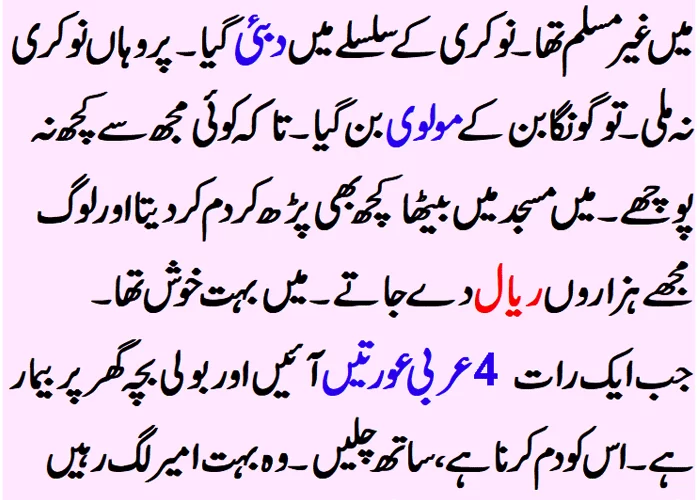Anxiety and depression are common mental health disorders that can significantly impact a person’s quality of life. Understanding the causes, symptoms, and treatment options for these conditions is essential for promoting mental well-being and seeking appropriate support.
What is Anxiety?
Defining Anxiety
Anxiety is a natural response to stress or perceived threats, characterized by feelings of worry, fear, or unease. While occasional anxiety is normal, persistent or excessive anxiety can interfere with daily activities and relationships.
Types of Anxiety Disorders
There are several types of anxiety disorders, including generalized anxiety disorder (GAD), panic disorder, social anxiety disorder, and specific phobias. Each type has its own unique symptoms and triggers.
What is Depression?
Defining Depression
Depression is a mood disorder characterized by persistent feelings of sadness, hopelessness, and loss of interest or pleasure in activities. It can affect how a person thinks, feels, and behaves, leading to significant impairment in daily functioning.
Types of Depression
Depression can manifest in various forms, including major depressive disorder (MDD), persistent depressive disorder (dysthymia), bipolar disorder, and seasonal affective disorder (SAD). Each type has its own specific symptoms and duration.
Understanding the Link Between Anxiety and Depression
Co-Occurrence of Anxiety and Depression
Anxiety and depression often coexist, with many individuals experiencing symptoms of both disorders simultaneously. This co-occurrence can complicate diagnosis and treatment, requiring a comprehensive approach to address both conditions effectively.
Shared Risk Factors
Both anxiety and depression share common risk factors, including genetic predisposition, brain chemistry imbalances, trauma or stressful life events, chronic illness, substance abuse, and environmental factors such as socioeconomic status or social support.
Recognizing Symptoms of Anxiety and Depression
Symptoms of Anxiety
Common symptoms of anxiety include excessive worrying, restlessness, irritability, muscle tension, difficulty concentrating, and sleep disturbances. Physical symptoms such as rapid heartbeat, sweating, trembling, and gastrointestinal discomfort may also occur.
Symptoms of Depression
Symptoms of depression may vary from person to person but often include persistent sadness or emptiness, loss of interest in activities, changes in appetite or weight, fatigue or low energy, feelings of guilt or worthlessness, and thoughts of death or suicide.
Seeking Help for Anxiety and Depression
Importance of Seeking Support
It’s essential to seek professional help if you’re experiencing symptoms of anxiety or depression that interfere with your daily life or well-being. Mental health professionals can provide an accurate diagnosis and develop a personalized treatment plan tailored to your needs.
Treatment Options
Treatment for anxiety and depression may include psychotherapy (such as cognitive-behavioral therapy or interpersonal therapy), medication (such as antidepressants or anti-anxiety medications), lifestyle changes (such as exercise, stress management, and healthy sleep habits), and support groups or peer counseling.
Coping Strategies for Managing Anxiety and Depression
Self-Care Practices
Engage in self-care activities that promote relaxation, stress relief, and emotional well-being, such as regular exercise, mindfulness meditation, deep breathing exercises, creative expression, spending time in nature, and maintaining a healthy lifestyle.
Building Support Networks
Reach out to friends, family members, or support groups for emotional support and encouragement. Sharing your thoughts and feelings with trusted individuals can provide validation, perspective, and a sense of belonging.
Conclusion: Empowering Yourself to Thrive
Anxiety and depression are challenging conditions, but they are also treatable. By understanding the nature of these disorders, recognizing their symptoms, seeking appropriate support, and implementing coping strategies, you can empower yourself to manage anxiety and depression effectively and lead a fulfilling life.






